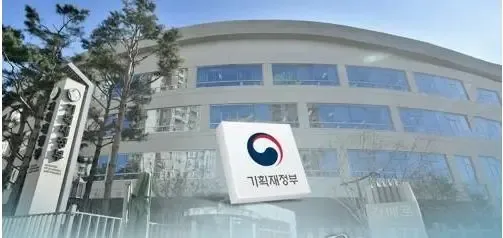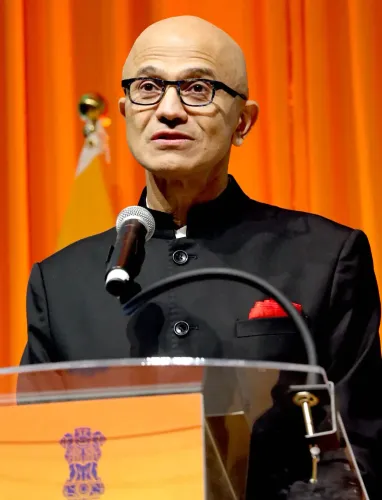South Korea to Develop Biological Dataset of 1 Million Individuals by 2032

Synopsis
Key Takeaways
- South Korea aims to collect data from 1 million individuals by 2032.
- The project is supported by a significant government investment of 603.9 billion won.
- Biological samples will be collected from participants with rare diseases.
- The dataset will be shared with various sectors, including academia and medical communities.
- AI-driven technologies are expected to transform bioresearch in the coming years.
Seoul, Jan 22 (NationPress) South Korea has initiated a collaborative project involving both public and private sectors to gather biological data from 1 million individuals. This effort aims to boost the global competitiveness of the nation's bio-industry, as disclosed by the finance ministry on Wednesday.
The initiative will compile biological samples, including blood, urine, and biopsies from participants, particularly those suffering from rare and severe diseases, to form a comprehensive dataset, as reported by Yonhap news agency.
This dataset is intended for distribution among the medical community, academic institutions, and industries, with plans to eventually make it available to the public.
The first phase of the project, backed by 603.9 billion won ($420.6 million) in government funding, aims to amass data from 770,000 individuals by 2028, as stated by the ministry.
The ultimate goal is to reach 1 million participants by the year 2032.
According to Shin Sang-hoon, a ministry official, "This extensive biological dataset will promote public health through personalized medical services and foster innovation within the bio industry," during a meeting with industry representatives.
The government has reiterated its dedication to collaborating with genetic analysis companies involved in the project and supporting bio firms in enhancing their international competitiveness.
In a related note, the science ministry recently identified 10 groundbreaking technologies expected to transform the bio-industry over the next decade.
These technologies include the human immunome, multi-cancer early detection, ribonucleic acid structurome, AI-designed gene editors, anti-aging antibodies, molecular glue, motile living biobots, digital artificial organs, bio foundation model, and healthcare digital twin, as reported by Yonhap.
The ministry indicated that the landscape of bioresearch is poised to shift towards AI-driven predictions and inferences, moving away from the current focus on repetitive experiments and observations.
These innovative technologies are expected to be implemented across various sectors, including bio, medical, space, and manufacturing industries within the next five to ten years.









